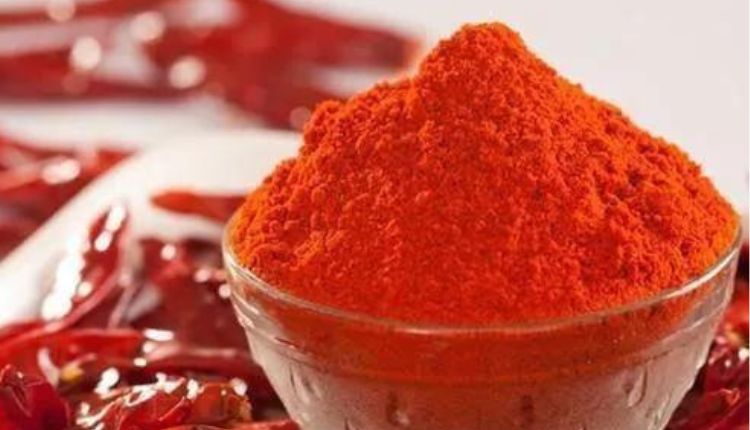Introduction:
Red chilli, with its vibrant color and fiery taste, is a popular spice used in various cuisines around the world. However, its benefits extend beyond flavor enhancement. In this article, we delve into the fascinating world of red chilli, exploring its diverse uses, health benefits, and potential side effects. From its role in boosting metabolism to its potential as a pain reliever, red chilli has garnered attention for its medicinal properties. By understanding its versatility and potential drawbacks, we can make informed choices about incorporating this spice into our lives.
Uses of Red Chilli:
Red chilli is more than just a spice to add heat to dishes. Its versatile uses extend to various aspects of culinary and medicinal applications. In the culinary world, red chilli is used in the preparation of curries, sauces, salsas, and marinades, imparting a distinctive flavor and vibrant color to dishes. Additionally, it serves as a natural preservative due to its antimicrobial properties.
Beyond the kitchen, red chilli is utilized in traditional medicine for its potential health benefits. Its active component, capsaicin, has been studied for its pain-relieving properties and is commonly used in topical creams for arthritis and muscle pain relief. Moreover, red chilli is known to stimulate appetite and boost metabolism, making it a potential aid for weight management.
Health Benefits of Red Chilli:
- Metabolism Boost: Capsaicin, the compound responsible for the fiery sensation of red chilli, has been shown to increase thermogenesis, thereby enhancing metabolism. This can potentially aid in weight management efforts.
- Pain Relief: Topical applications of capsaicin derived from red chilli have been found to alleviate pain associated with conditions like arthritis, neuropathy, and post-surgery discomfort. It functions by depleting substance P, a chemical responsible for transmitting pain signals.
- Cardiovascular Health: Red chilli contains an abundance of antioxidants and bioactive compounds that may contribute to improved cardiovascular health. Research suggests that regular consumption of red chilli may help lower blood pressure, reduce bad cholesterol levels, and prevent blood clots.
- Respiratory Health: The active compounds in red chilli, such as capsaicin, possess properties that may alleviate congestion and promote better airflow in the respiratory system. This makes red chilli a potentially beneficial ingredient for individuals with conditions like sinusitis or bronchitis.
- Digestive Health: Red chilli is believed to possess antimicrobial properties that can combat harmful bacteria in the digestive system. It may also stimulate the secretion of digestive enzymes, aiding in digestion and alleviating symptoms of indigestion.
Side Effects and Precautions:
While red chilli offers numerous health benefits, it’s important to be aware of potential side effects and take precautions when consuming or using it:
Digestive Discomfort:
Red chilli can cause gastrointestinal discomfort, including heartburn, stomach pain, and diarrhea, especially in individuals with sensitive stomachs or gastrointestinal disorders.
- Allergic Reactions: Some individuals may be allergic to red chilli, experiencing symptoms such as skin rash, itching, swelling, or difficulty breathing. If you notice any adverse reactions, discontinue use and seek medical attention.
- Irritation and Burns: Direct contact with red chilli or its extracts can cause skin irritation or burns. When handling red chilli, it’s advisable to wear gloves and avoid touching your face or eyes.
Conclusion:
Red chilli, with its fiery taste and myriad of benefits, offers much more than just a culinary delight. From boosting metabolism to
